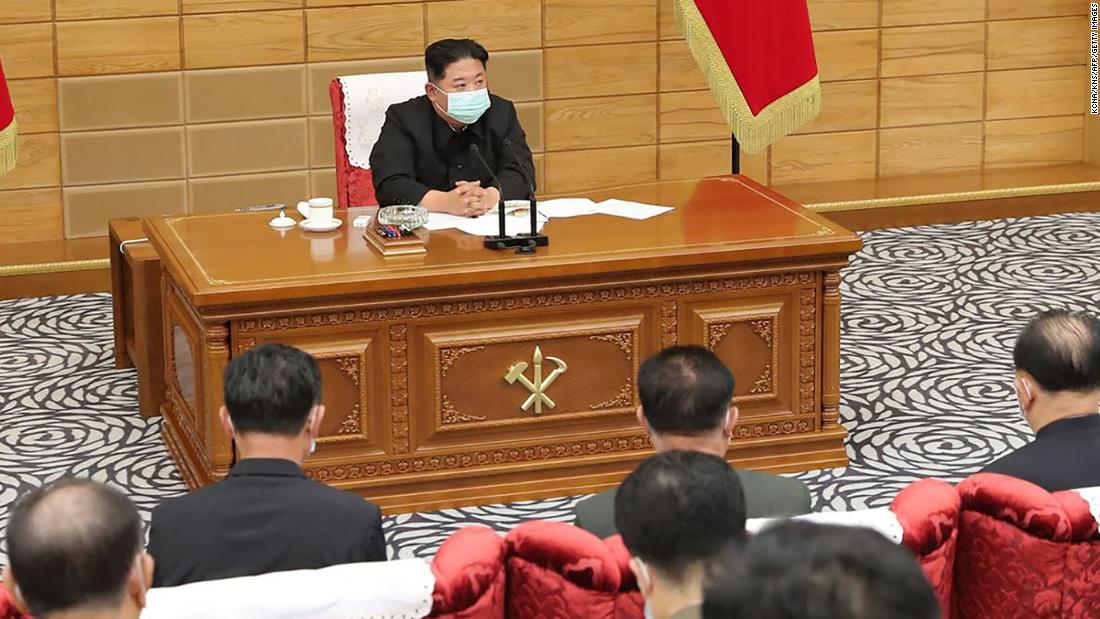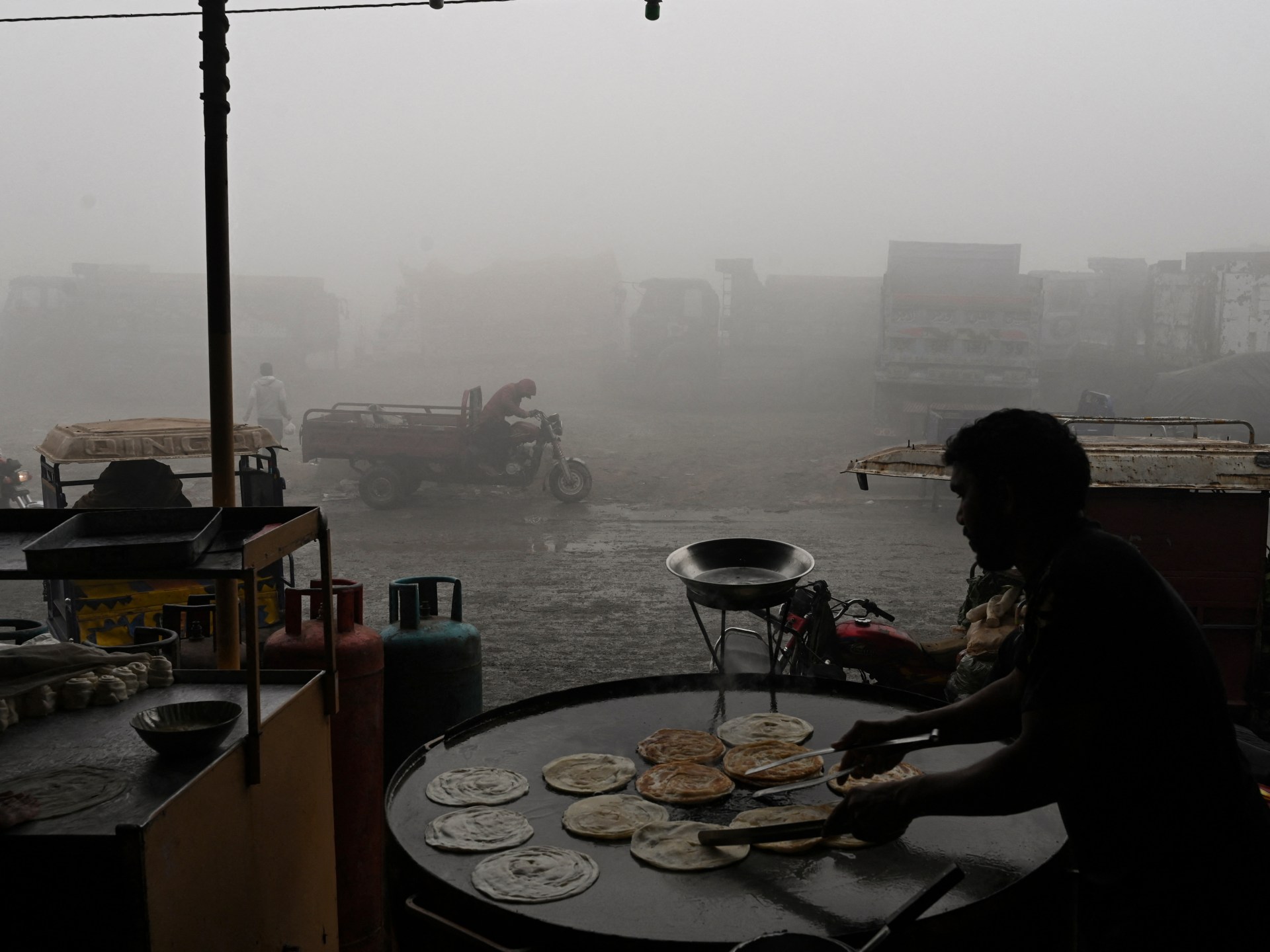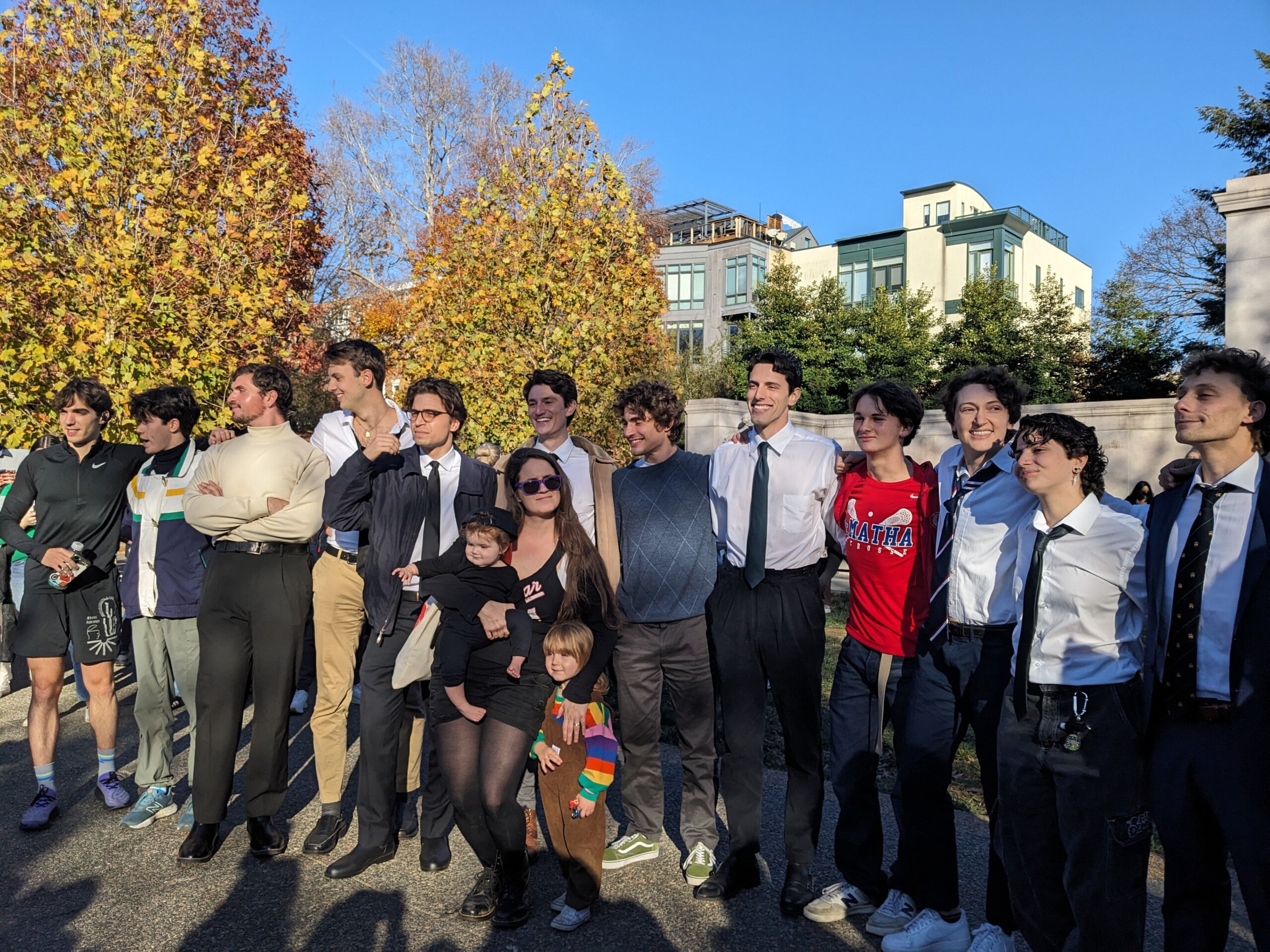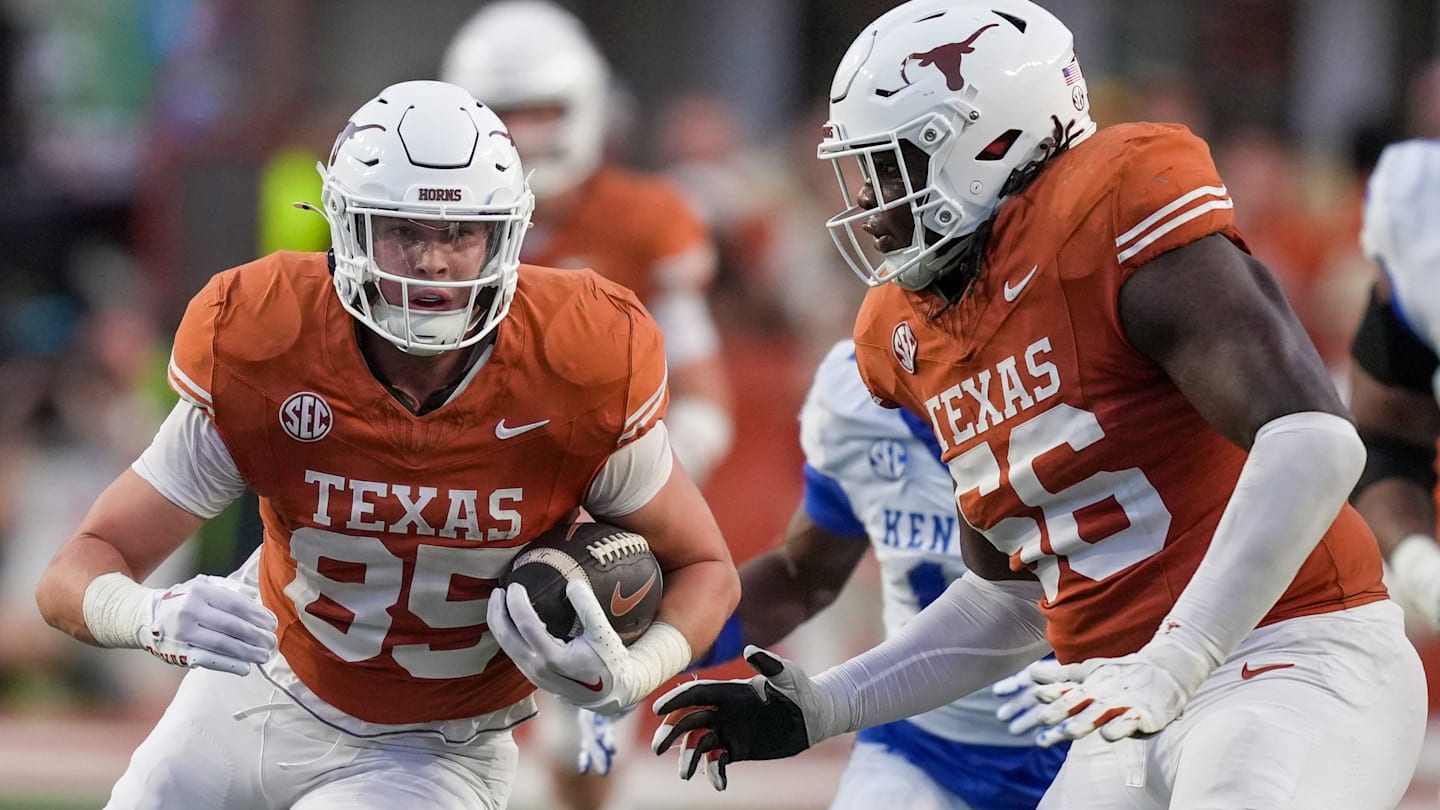Two months before Northvolt filed for bankruptcy in the US, Robin Zeng, known as China’s “battery king”, had a quick but grim answer as to why European battery makers were struggling to make good products.
“They have a wrong design . . . they have a wrong process . . . and they have the wrong equipment. How can they scale up?” the chief executive of CATL told Nicolai Tangen, the head of Norway’s $1.8tn oil fund. “So almost all mistakes together.”
The bleak assessment from the world’s biggest electric vehicle battery manufacturer captures the scale of the failure for the industries behind the critical technology for Europe’s decarbonisation, leaving governments, companies and investors at a loss as to how to recraft the continent’s strategy to compete with China.
“How are we not taking this more seriously? The European car industry is the heartland of European industry’s supposed prowess,” said one long-standing investor in Northvolt after the collapse into US bankruptcy last week of Europe’s biggest battery hope. “The depth of the crisis for the European car industry is almost unlimited. It’s incredibly grim.”
Brussels took its first steps to establish a battery supply chain across Europe in 2017, with Northvolt at the heart of its ambitions. The bloc has since increased its share of the global battery market from 3 per cent to 17 per cent with annual turnover of €81bn in 2023 after spending more than €6bn of the EU budget to support cross-border battery projects and research and innovation.
But in terms of EV batteries, Asian participants including CATL, BYD, and LG Energy Solution and SK On of South Korea, control about 70 per cent of the global market. Many of the 30 gigafactory projects in Europe have also been designed and built with the help of Chinese and Korean companies.

As the EU’s ambitions have faltered, the struggles of Northvolt have come to embody the challenge the continent faces. The bloc wants to continue encouraging costly investments in the clean technologies needed to meet its ambitious climate goals, while at the same time stemming the wave of plant closures and job cuts that are already spreading across the automotive sector and heavy industries.
“It’s fair to say we’re at a pivotal moment right now,” said Wouter IJzermans, executive director at the Batteries European Partnership Association.
People involved in the Northvolt saga said options were narrowing for Europe to address its dependence on China and other parts of Asia for the technology and materials that will be critical as the automotive industry transitions to electric vehicles.
Efforts are still being made by other start-ups such as France’s Verkor and Volkswagen’s battery business PowerCo, but they are facing either diminished ambitions or tougher financing prospects.
PowerCo is considering building just one out of the two production lines previously planned for its plant in Salzgitter in Germany due to slowing market demand.
Verkor counts Renault as its main client and recently finalised a new €1.3bn financing round to back the construction of a plant in the northern French port city of Dunkirk. But its chief executive Benoit Lemaignan said financing talks were arduous on the back of Northvolt’s woes and the slowdown in the growth of electric vehicle sales this year.

“There was a whole fresh round of audit work and validation of the set-up, our chemistry, the machines and all the equipment,” Lemaignan said. “It’s not something automatic, to find financing today. It’s an issue that goes well beyond Verkor, and affects the financing of all of the energy and climate transition industries.”
In France, there is also Automotive Cells Company, a venture backed by carmakers Stellantis and Mercedes-Benz, and oil major TotalEnergies, which started producing batteries in 2023. But this year ACC paused plans to expand further with plants in Germany and Italy as it considered switching to a lower-cost form of battery technology and adjusted to a slower EV adoption rate.
“There are expansion phases and crisis phases, if you draw a parallel with other industries. Perhaps we’re living through the first big challenges for Europe’s battery industry. But there will be factories and there will be clients, we’re seeing that more and more,” Lemaignan said.
Consequences from Northvolt’s US bankruptcy filing are already being felt, with carmakers being forced once again to turn to their Asian suppliers to reduce their exposure to its collapse.
Germany’s Porsche has never confirmed its relationship with Northvolt, but a person familiar with the agreement between the two companies said the Swedish start-up was contracted to make the batteries for the all-electric Porsche 718, scheduled for launch next year.
As Northvolt’s troubles deepened, the sports-car maker began looking for alternative suppliers. While Porsche also buys batteries from South Korea’s Samsung SDI, LGES and China’s CATL, the person added that diversification was a complicated task at relatively short notice.

Northvolt’s demise means the battle for dominance of the European market is likely to play out between Asian battery makers.
LGES and SK On both have European plants, in Poland and Hungary respectively, while CATL has a factory in Germany and a second site in Hungary due to begin production next year.
But Tim Bush, a Seoul-based battery analyst at UBS, said there was little prospect at present that the Asian battery makers would be able to help the EU to meet its target for 90 per cent of the continent’s EV batteries to be produced locally by 2030.
Bush noted that Korean battery makers were already paring back their investments in Europe, having invested billions of dollars in plants in North America that have been running at low utilisation rates because of lower than expected consumer demand for EVs.
Potential Chinese battery investments on the continent were also likely to be complicated by the ongoing trade dispute between Brussels and Beijing over EU tariffs on Chinese electric vehicles, he added.
“The Koreans are not expanding, the Chinese have suspended construction and Europe’s new entrants are dropping like flies,” said Bush.
Against such obstacles, the European Commission is weighing plans to require Chinese developers to have plants and bring their intellectual property to Europe in order to access EU subsidies, the FT has previously reported.
With European start-ups still behind in their ability to manufacture batteries at scale, industry executives say the only solution may be to continue their reliance on Asian participants until homegrown companies can absorb technology knowhow on battery chemistry, mass production and equipment manufacturing.
“We need to find a deal with China because we won’t be able to compete . . . without the support of the Chinese companies that control the mining industry, chemicals, refining and their capacity and competence,” Luca De Meo, Renault’s chief executive, told reporters last month.
But the dilemma is how long Europe needs to wait for the technology transfers to complete, and whether it would already have lost the race by then.
“If you really zoom out, what does Europe want to be? I really question whether Europe wants to give up yet another industry like it did with solar panels. Europe is not a leader in AI. I want my kids to grow up somewhere where there are a lot of jobs,” said a Northvolt executive.
Reporting by Kana Inagaki and Harriet Agnew in London, Patricia Nilsson in Frankfurt, Sarah White in Paris, Alice Hancock in Brussels, Christian Davies in Seoul, and Richard Milne in Oslo





























/cdn.vox-cdn.com/uploads/chorus_asset/file/25739950/247386_Elon_Musk_Open_AI_CVirginia.jpg)



